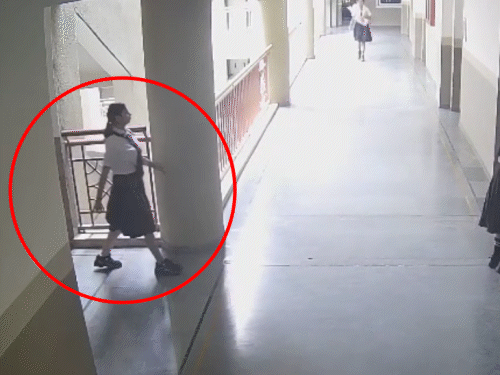U.S. Job Growth Stalls at 73,000: Small Business Owners Share Survival Strategies
U.S. job growth slowed to just 73,000 in July. Small business owners share survival strategies amid rising costs and weaker consumer demand.

July’s job report dealt a sobering blow to an economy many thought was recovering steadily. The U.S. added just 73,000 jobs, marking one of the weakest months in recent years and raising fresh concerns about a broader slowdown. To compound matters, earlier months’ job growth was revised downward, signaling a trend rather than an outlier. Economists warn that the numbers reflect not only cyclical pressures but also structural weaknesses in sectors most dependent on small businesses.
A Weak Summer for Hiring
The Bureau of Labor Statistics revealed that industries tied to hospitality, construction, and small-scale retail suffered the heaviest losses. Larger corporations continued hiring in moderation, but the slowdown underscored how much the U.S. economy relies on Main Street.
“Hiring has slowed because consumer demand has slowed,” noted one Washington-based labor analyst. “It’s not that businesses don’t want to expand. They simply can’t justify the payroll when foot traffic and orders remain sluggish.”
Small Business Owners on the Frontlines
While national figures often read as abstract, the lived reality of small business owners provides a closer look at the pressures behind the numbers.
A Restaurant Owner’s Battle with Rising Costs
Maria Alvarez, who runs a family-owned Mexican restaurant in San Antonio, shared that rising food costs and energy bills have forced her to cut back on hours. “We had three part-time workers in the kitchen. Now we’re down to one. It breaks my heart because these are people I’ve known for years,” Alvarez said.
Retailers Feeling the Pinch
In Cleveland, a boutique clothing store owner, Jack Miller, said online competition has intensified. “We’re trying to differentiate with in-person experiences, but foot traffic is down 18% year-over-year,” he explained. To adapt, Miller invested in small local advertising campaigns and customer loyalty programs, hoping to drive return visits.
Tech Startups Holding Back
Meanwhile, small technology startups—once seen as the saviors of American innovation—are treading carefully. A Boston software developer, speaking under condition of anonymity, said, “We paused hiring even though we have projects lined up. Investors are asking us to stay lean until interest rates stabilize.”
Strategies for Survival
Despite challenges, small businesses are innovating to weather the storm. Financial audits shared by local chambers of commerce reveal that those who adapted quickly are showing better resilience.
-
Digital Diversification: Many retailers are boosting online storefronts, sometimes doubling digital sales compared to last year.
-
Lean Operations: Restaurants are introducing smaller menus to save on inventory costs.
-
Community Networks: Cooperative buying groups are pooling resources to reduce supply costs.
These strategies, while born of necessity, could redefine small business operations for years to come.
Broader Economic Signals
The July report has already sparked political debate in Washington. Lawmakers argue over whether high interest rates or global supply pressures are most responsible for the slowdown. Some point to the Federal Reserve’s cautious stance, suggesting that interest rates need easing to give small businesses breathing room.
Economists also note that job growth in healthcare and government sectors prevented the report from being far worse. Still, the fragile balance raises the possibility of recession fears creeping back into the national conversation.
Why This Matters Beyond the Numbers
When small businesses pull back on hiring, communities feel the impact immediately. Local economies depend on these establishments for both employment and character. Fewer hires mean reduced consumer spending, which then creates a feedback loop of contraction.
As Alvarez put it, “If people don’t come to our restaurant, I can’t hire. But if I don’t hire, I can’t serve as many people. It’s a cycle we’re all trapped in.”
Looking Ahead
Policymakers are watching closely to see if August brings stronger results. Analysts warn that without targeted relief or improved consumer confidence, the slowdown could persist. Small businesses will continue experimenting with creative strategies—some finding success, others struggling to survive.
The road ahead, much like the July numbers, remains uncertain. Yet within every challenge, small businesses are revealing resilience that has long been the backbone of the American economy.
What's Your Reaction?
 Like
0
Like
0
 Dislike
0
Dislike
0
 Love
0
Love
0
 Funny
0
Funny
0
 Angry
0
Angry
0
 Sad
0
Sad
0
 Wow
0
Wow
0







































































